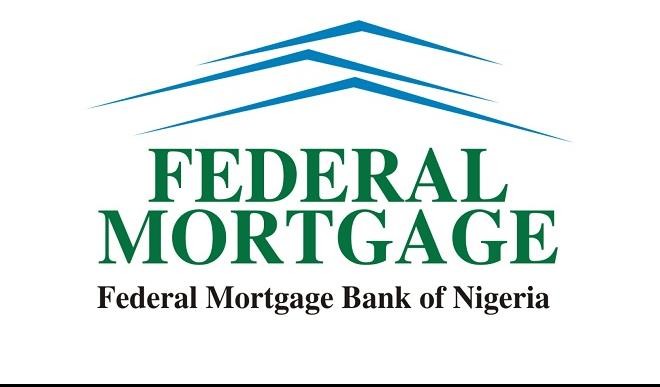It was cheering news to Nigerians wishing to own a house of theirs when the Federal Mortgage Bank of Nigeria (FMBN) recently announced that Nigerians above 18 years with steady income would be able to access up to N5milion housing loan without equity contribution. This was disclosed by the Managing Director of FMBN, Ahmed Dangiwa, after a closed-door meeting with Vice President Yemi Osinbajo at the State House in Abuja.
Clarifying on the new scheme, Dangiwa said: “What is new is that with the Rent-to-Own product, you don’t need to have any equity contribution and second, you enter in to a house as a tenant and over the years, it becomes your own just like owner occupier basis”. He also said, “You just find the estate that you want and you enter there in collaboration with your employer and then the house becomes your own”.
The Rent-to-Own scheme is open to civil servants as well as the self-employed. The basic requirements for interested workers are pay slip and evidence to show that the applicant is a contributor to the National Housing Fund NHF. As for the self-employed, the only requirement to qualify for the N5million housing loan is for the applicant to present a verifiable steady income from his bank. Three agreements are expected to be entered in to by every applicant who qualifies for this Rent-to-Own housing loan. They are the tenancy agreement, mortgage, and employer guarantee.
Dangiwa noted that the FMBN has funded estates over 20 years across the federation; adding that a contributor to the NHF can now go and choose the house he or she wants within those estates. FMBN offices within those states will profile the contributor and send same to the head office for approval. Before now, beneficiaries of housing loans had to contribute 10 percent to enable them access up to N5 million housing loan. Dangiwa said Vice President has promised to take the new Rent-to-Own scheme to the National Economic Council meeting for further deliberations.
With the National Bureau of Statistics (NBS)’s figures showing a housing deficit of N17million, the FMBN has only been able to finance the acquisition of 260,000 houses in the country since its inception; a figure that is far below the shortfall required to bridge the gap created by the deficit. About 18,000 houses out of this figure were built through loans. So far, FMBN has carried out a total of N185 billion credit disbursements.
There are no indications that the FMBN would be able to change the tide in the country’s housing deficit even if its request for capitalization were to earn it N500 billion. Assuming that N5million naira is the cost of a 3-bedroom house that could be acquired through the Rent-to-Own scheme, the N500 billion may only provide 100,000 houses which is nowhere in the deficit statistics.
We support the new Rent-to-Own scheme of the FMBN because it seeks to provide easy access for low-income earners to own houses without equity contribution and with flexible conditions. Yet, there is need to educate Nigerians more on the new scheme. Some workers have been contributing to the NHF without benefiting from it; many of them without records of their contributions. Before the request for capitalization is granted, we advise that details of previous contributions and disbursements by the FMBN are examined by relevant authorities.
Even then, there are yet concerns over FMBN’s capacity to effectively tackle housing deficit in Nigeria. The provision of 26,000 houses only in its 26 years of its existence does not portray the mortgage bank as a financial institution that has done so much to reduce housing deficit in the country. Perhaps, the Act establishing the FMBN requires amendment not only to reposition it to realistically tackle today’s challenges associated with housing deficit but also to save the mortgage bank from undue political interference in its operations. It would be apt to adequately empower the FMBN to fully sanction defaulting beneficiaries to help it sustain its mortgage schemes.

 Join Daily Trust WhatsApp Community For Quick Access To News and Happenings Around You.
Join Daily Trust WhatsApp Community For Quick Access To News and Happenings Around You.

